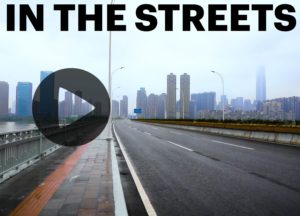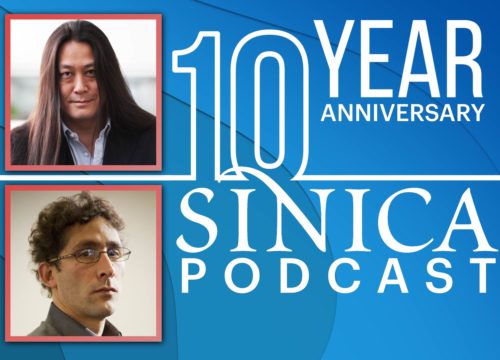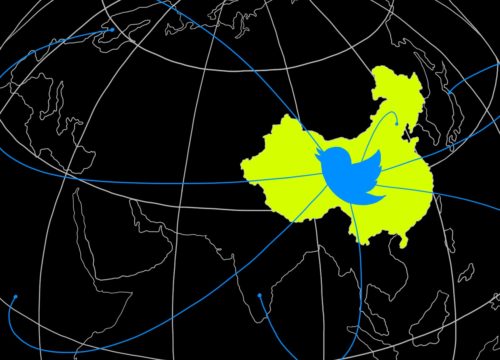Waiting for H-1B work visas in the time of Trump
This year, the Trump administration suspended expedited processing for H-1B work visa applicants, meaning that many foreign professionals will face longer wait times and uncertainty.
“Right now, during my time in the U.S., I have always been taking one step and looking around before taking another step. So I took one step and looked at Trump’s policy before taking another one. To say the least, I can always go back to China and it isn’t as bad as it seems.”
Rachel Zhang is a 24-year-old Chinese professional working in the media industry in New York City. She is one of the 199,000 foreign workers who have applied in 2017 for a work visa known as H-1B. It is a type of non-immigration visa that allows employers to bring in skilled foreign workers, especially in science, technology, engineering, and mathematics. About 85,000 such visas are given out each year by lottery.
In previous years, applicants could request expedited processing and get an H-1B visa in about 15 days. However, the Trump administration has halted the program. Without expedited processing, it can now take six months or longer for a case to be reviewed.
Deborah Notkin, an immigration attorney at Barst Mukamal & Kleiner LLP in New York City, says the H-1B work visa is the most popular and basic visa for foreign workers and that the suspension of expedited processing will create problems.
“I think it’s a very poor plan and they need to make some exceptions, I believe, immediately, especially for the medical community and for employers that need their existing H-1Bs to travel.”
H-1B visas were introduced in 1990. The annual cap now stands at 65,000 plus 20,000 for people with master’s degrees. However, as the economy continues to grow, the 85,000 cap is failing to meet the demand for skilled employees.
Rachel says that if staying in the U.S. becomes more difficult, she can always go back to China, where more career opportunities likely await her and legal status is assured.
“The most important part is to not let visas keep you from doing what you really love. It is just an outside factor,” she explains. “You have to have a strong willingness to work through the whole process. If you do something just for the sake of getting a visa, you should ask yourself, ‘Why do you come to the U.S. in the first place?’”





